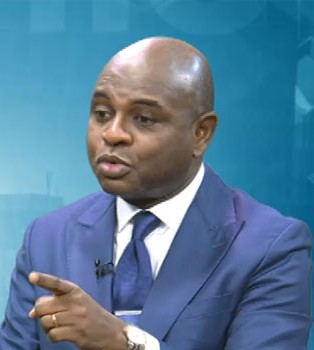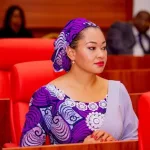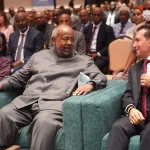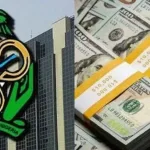Former deputy governor of the Central Bank of Nigeria (CBN), Prof. Kingsley Moghalu, has applauded the CBN for increasing the Monetary Policy Rate (MPR) by 400 basis points to 22.75 per cent from 18.75 per cent.
CBN Governor, Olayemi Cardoso, who made the announcement at a press briefing after the MPC meeting on Tuesday in Abuja, said the decision of the committee was informed by inflationary and foreign exchange pressures. He said the CBN is geared towards tightening monetary policy.
Join our WhatsApp ChannelMoghalu said the measure would help in checking inflation which currently stands at 29.9 per cent, while food inflation is 35.41 percent.
He said Nigeria had adopted the same measure a decade ago and successfully reduced inflation rate from 14 per cent down to 8 per cent.
He noted that the new MPR hike would hit businesses currently on loans hard, but it is imperative that the measure should be taken to bring down inflation, and save Nigeria from going the way of Zimbabwe and Venezuela.
READ ALSO:
- Save Naira: CBN Sells $20,000 Forex To BDCs At Reduced Rate Of N1,301/$
- CBN Pays Out Additional $400m To Settle Forex Backlog
- CBN Raises Benchmark Interest Rate To 22.75%
“Correct move by @cenbank Monetary Policy Committee to dramatically hike the Monetary Policy Rate by 400 basis point to 22.75 %. The situation calls for nothing less if we are to check inflation over 12-18 months. We did the same a decade ago to bring inflation from 14% to 8%,” Moghalu stated in his official X handle while reacting to the news of CBN raising the benchmark interest rate.
He added that the measure would help to reduce money supply and help in stabilising prices.
“It will hit businesses hard, but inflation is hitting harder. We must slay the inflation dragon lest it consume our economy and we head to Zimbabwe/Venezuela.
“The money supply MUST be reduced. Price stability must take priority before economic growth in the current situation,’’ Moghalu stated.
Victor Ezeja is a passionate journalist with six years of experience writing on economy, politics and energy. He holds a Masters degree in Mass Communication.



















Follow Us